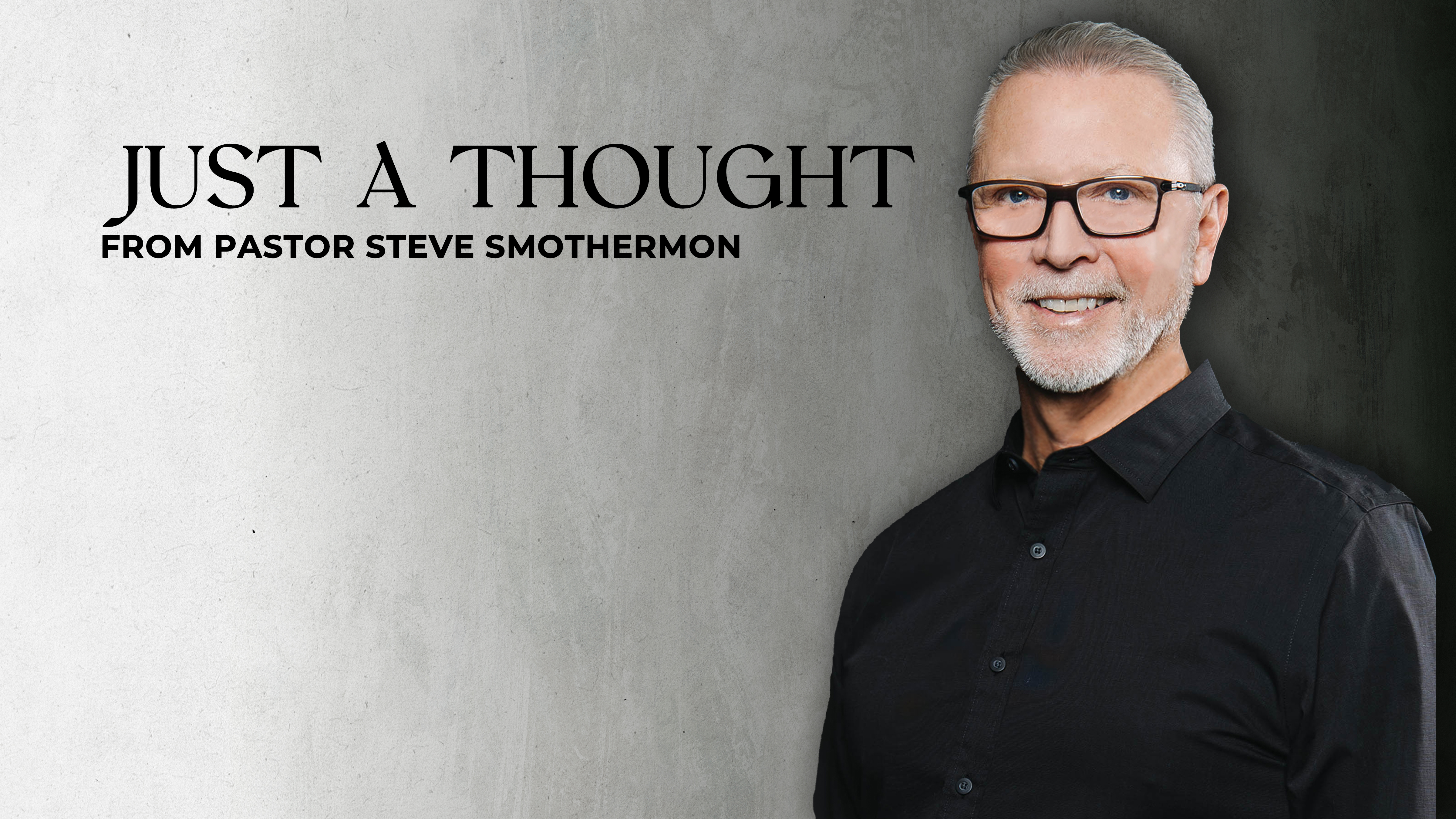Having an Attitude of Gratitude
Gratitude is more than a feeling — it’s a choice. It’s the decision to recognize God’s goodness even when life isn’t perfect. Too often, we focus on what we don’t have, what hasn’t happened yet, or how someone else seems to be ahead of us. But gratitude shifts our focus from what’s missing to what God has already provided. A thankful heart isn’t blind to struggles, but it refuses to let challenges steal joy.
Envy and jealousy, on the other hand, will rob you of peace. They cause you to compare your journey to someone else’s, making it impossible to truly appreciate what God is doing in your own life. James 3:16 warns that where jealousy and selfish ambition exist, “there you will find disorder and every kind of evil.” Envy blinds us to our blessings, while gratitude opens our eyes to God’s faithfulness.
The key to overcoming envy is trust — trusting that God’s plan for you is good, even if it looks different from someone else’s. Instead of looking at others with jealousy, celebrate what God is doing in their lives. Gratitude frees us from the trap of comparison and brings contentment, peace, and joy. So, take a moment today to thank God — not just for what He’s given, but for who He is.
Just a thought,
PSS
Published on Monday, March 31, 2025 @ 11:04 AM MDT
Choose Life. Choose Wisdom. Choose God.
Sin never looks dangerous in the moment — it often looks convenient, necessary, or even rewarding. Esau didn’t set out to despise his birthright, but in a moment of hunger and impatience, he gave up something sacred for something temporary. That’s what sin does. It entices us with what seems urgent, while quietly robbing us of what’s eternal. The danger isn’t always in the big, dramatic choices — it’s in the small, seemingly insignificant compromises that accumulate and shape the direction of our lives.
God’s wisdom is not just good advice — it’s life-giving truth. When we choose to walk in wisdom, we choose to reject the lies of the enemy, resist the pressures of the world, and honor God with our decisions. Wisdom doesn’t always lead to the easiest path, but it always leads to the right one. The Bible warns us that the way of the fool leads to destruction, but the way of wisdom leads to life. We must decide daily whether we will walk in obedience or yield to the enticements around us.
What you consent to today will shape who you become tomorrow. One small compromise can shift the direction of your entire life. So I’ll ask you: where is sin trying to gain a foothold in your heart? What temptation have you been entertaining? It’s time to shut the door. Don’t give sin a seat at your table. Choose wisdom. Choose life. Choose God.
Just a thought,
PSS
Published on Monday, March 24, 2025 @ 10:35 AM MDT
Reputation vs Character
Reputation is what others think you are; character is who you truly are before God. The world teaches us to manage our image, to craft a reputation that impresses people. But God isn’t fooled by appearances — He sees the heart. “The Lord doesn’t see things the way you see them. People judge by outward appearance, but the Lord looks at the heart” (1 Samuel 16:7, NLT). Your reputation may open doors, but only your character will keep you there.
The problem is, without God’s wisdom, we often make decisions based on feelings, public opinion, or what seems right in the moment. Proverbs 14:12 warns, “There is a way that seems right to a man, but its end is the way to death.” Like a hiker following a broken compass, many are headed for disaster because they trust the world’s wisdom instead of God’s truth. The fear of the Lord is the beginning of wisdom (Proverbs 1:7), and without it, people walk in deception. Are we filtering our choices through God’s Word or through what feels right?
God’s wisdom is like guardrails on a dangerous mountain road. They aren’t there to limit your freedom — they’re there to protect your life. Choosing wisdom means choosing the ancient paths that God has already laid out. The world may chase what’s new, but truth doesn’t change.
So, are you living for reputation or character? Are you following the world’s wisdom or God’s?
Just a thought,
PSS
Published on Monday, March 17, 2025 @ 2:43 PM MDT
You Can Make a Difference
Sometimes, we hesitate to give because we think what we have isn’t enough. The boy with the five loaves and two fish could have kept his lunch, thinking it was too small to make a difference. But he chose to offer it to Jesus, and that small act of faith became the foundation for a miracle that fed thousands. God isn’t asking us for what we don’t have — He’s asking us to trust Him with what we do have.
The reality is, there were likely others in the crowd who had food, but only one boy stepped forward. He didn’t wait until he had more; he simply gave what was in his hands. Too often, we wait for the “perfect time” or “more resources” before obeying God, but the truth is, what we already have is enough when placed in His hands. Faith isn’t about waiting for abundance — it’s about trusting that God can multiply what we release.
What if today, we chose to be like that boy? What if we stopped focusing on what we lack and instead trusted that God can do more with what we give than we ever could on our own? Whether it’s our time, resources, or obedience, when we step out in faith, we position ourselves for a miracle.
Just a thought,
PSS
Published on Monday, March 10, 2025 @ 10:41 AM MDT
Whom Will You Serve?
God first:
In life, one of the major decisions we make is who or what takes first place. For some, it’s family, and for others, it’s their job or their children. Still, for others, it’s their hobbies or sports. Bottom line: it’s our decision. Even though the abovementioned aren’t bad, the question remains: should they be first place in our lives? I believe the answer is a definite, “No!” God and His ways should always take absolute precedence. If God is first, everything else will fall into place. If He’s not, nothing will fall into place. Again, it’s your choice.
You choose:
Prioritizing God should be reflected in our finances. The first step in making that happen is to return the tithe to Him. The first portion — the tenth — of what you earn is His, and we should return it to Him. We return a tithe and give an offering. When we do, we place God in His rightful place in our lives — first. When that happens, every other area of our lives will start to straighten out. The choice is ours.
Choose this day whom you will serve …. But as for me and my house, we will serve the Lord (Joshua 24:15 NIV).
Just a thought,
PSS
Published on Monday, March 3, 2025 @ 10:02 AM MDT

Latest Media
Check out our latest sermons, stream church service live or see other videos and podcasts.

